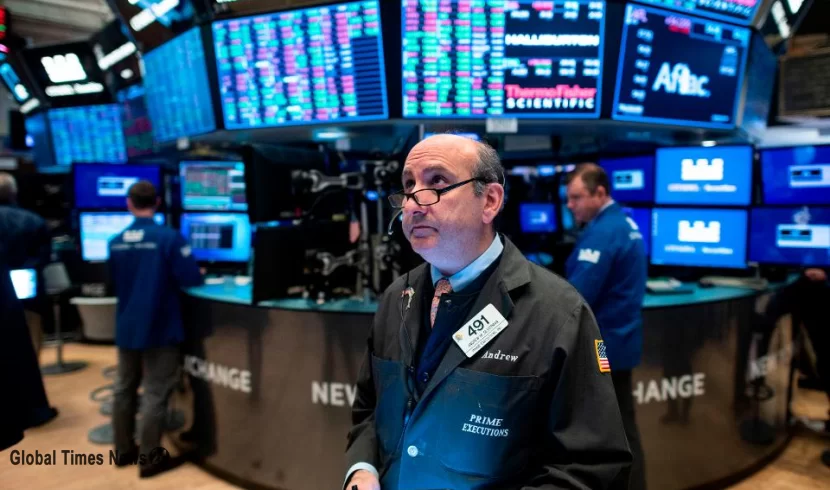Saudi Arabia, facing calls from major oil-consuming nations to pump more crude, said it can’t be held responsible for any drop in output if it doesn’t get more help to deter attacks from Yemen.
The warning comes after Houthi rebels struck at least six sites across the kingdom over the weekend, the latest in a string of drone and missile attacks on the country in recent years. Any successful attempt to disrupt supply could further tighten a market that’s seen oil soar above $100 a barrel amid Russia’s war in Ukraine.
The Saudi government “will not bear any responsibility for any shortage in oil supplies to global markets in light of the attacks,” the state-run Saudi Press Agency reported, citing an official at the Foreign Ministry. There could be “serious consequences for upstream and downstream sectors,” it said.
The U.S. and Europe have urged Saudi Arabia, the world’s top oil exporter, and other members of the Organization of Petroleum Exporting Countries to raise output faster following crude’s blistering rally. But the kingdom says its allies must do more to help foil attacks on its oil facilities by the Houthi rebels.
The Biden administration has transferred a significant number of Patriot antimissile interceptors to Saudi Arabia in the past month, a U.S. official said Monday, asking not to be identified discussing confidential information.
A coalition including Saudi Arabia and the United Arab Emirates began a military campaign in Yemen in March 2015 against the Houthis after they took over the capital and dislodged the internationally recognized government. The war has devolved into one of the world’s worst humanitarian crises.
The most prominent attack on Saudi Arabia claimed by the Houthis was in September 2019, when explosive-laden drones targeted Saudi Aramco’s Abqaiq oil-processing plant and Khurais field. That temporarily knocked out about half of the country’s production capacity and caused crude prices to spike.
The Saudis are worried that an Iranian nuclear deal could result in more cash and weapons being funneled to its enemies in Yemen. World powers are closing in on an agreement to resurrect the Joint Comprehensive Plan of Action, which would lift sanctions on Iran and allow it to export more oil in return for limits on its nuclear industry.
News ID : 405
 US stocks close higher for third consecutive trading day
Bussiness
US stocks close higher for third consecutive trading day
Bussiness
 Mobile data prices quite high in low-income countries: UN report
Bussiness / Breaking News
Mobile data prices quite high in low-income countries: UN report
Bussiness / Breaking News
 Brazil's Consumer Inflation Registers Monthly Gain in February
Bussiness / Breaking News
Brazil's Consumer Inflation Registers Monthly Gain in February
Bussiness / Breaking News
 OPEC+ agrees to stick to its oil output targets
Bussiness / Breaking News
OPEC+ agrees to stick to its oil output targets
Bussiness / Breaking News
 Lithuania stops importing gas from Russia
Bussiness / Breaking News
Lithuania stops importing gas from Russia
Bussiness / Breaking News